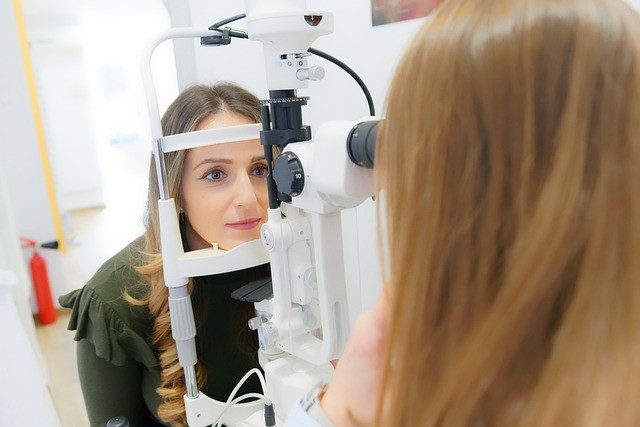To pursue a career as an optometrist, you will need to acquire specific skills and qualifications. Here are the essential requirements for becoming an optometrist:
1. Education
Obtain a Doctor of Optometry (OD) degree from an accredited optometry school. The program typically takes four years to complete after earning a bachelor’s degree. Ensure that the optometry program you choose is accredited by the relevant professional bodies.
2. Prerequisite Courses
Complete undergraduate coursework in biology, chemistry, physics, and math to fulfill the prerequisite requirements for optometry school. These courses provide the foundational knowledge necessary for optometry education.
3. Optometry Admission Test (OAT)
Take the Optometry Admission Test, a standardized exam that assesses your academic ability and scientific understanding. Optometry schools use OAT scores as part of their admission criteria.
4. Clinical Training
Complete clinical training during your optometry program to gain hands-on experience in diagnosing and treating various eye conditions. This includes supervised patient care in areas such as vision testing, contact lenses, and ocular diseases.
5. Licensure
After completing your optometry degree, you must obtain a license to practice optometry in the jurisdiction where you intend to work. Licensure requirements vary by country or state and typically involve passing a national or state board examination.
6. Continuing Education
Stay updated with the latest advancements in optometry by participating in continuing education programs. These programs help you maintain your license and expand your knowledge and skills in specialized areas of optometry.
7. Communication and Interpersonal Skills
Develop strong communication skills to effectively interact with patients and other healthcare professionals. Optometrists should be able to explain complex eye conditions, treatments, and preventive measures to patients in a clear and understandable manner.
8. Problem-Solving and Analytical Skills
Optometrists need strong problem-solving skills to diagnose eye conditions, analyze test results, and develop appropriate treatment plans. They must have a keen eye for detail and be able to interpret data accurately.
9. Manual Dexterity
Develop good manual dexterity to perform precise procedures, such as using delicate instruments to examine the eyes, fitting contact lenses, or performing minor eye surgeries.
10. Professionalism and Ethical Conduct
Uphold high ethical standards and demonstrate professionalism in all aspects of your practice. Respect patient confidentiality, maintain accurate records, and follow ethical guidelines set by the profession.

It’s important to note that the specific requirements and regulations may vary depending on the country or state where you plan to practice. Research the optometry licensure and educational requirements in your desired location to ensure you meet all the necessary qualifications.











